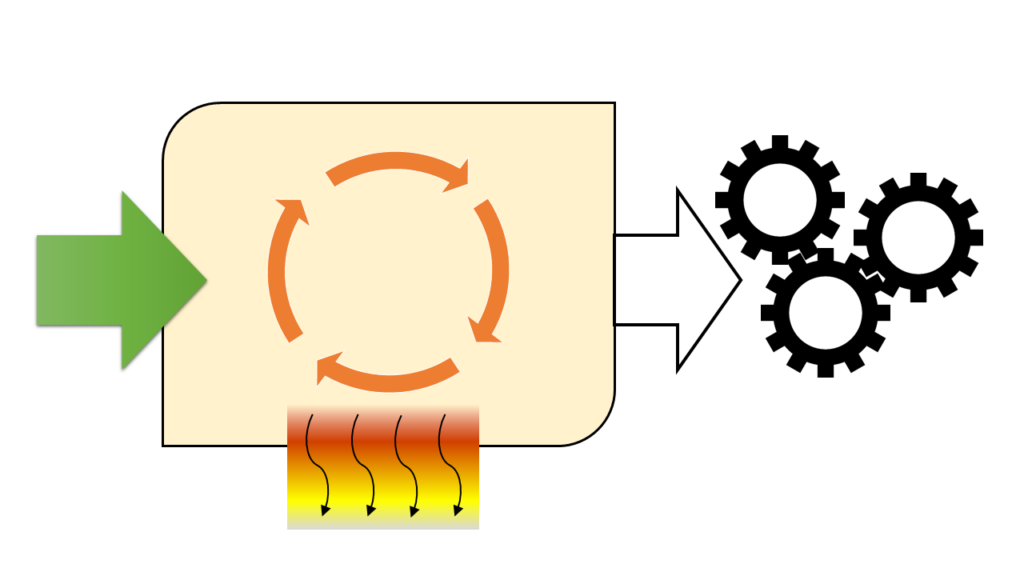Is energy 100% efficient?

Energy efficiency is a topic of great importance in today's world. With growing concerns about climate change and the need to conserve resources, understanding and improving energy efficiency has become crucial. But is it possible to achieve 100% energy efficiency? In this article, we will explore the concept of energy efficiency, the laws of thermodynamics, factors affecting efficiency, renewable energy sources, efficiency in different sectors, challenges in achieving 100% efficiency, and the future of energy efficiency.
- Understanding Energy Efficiency
- The Laws of Thermodynamics
- Factors Affecting Energy Efficiency
- Renewable Energy Sources and Efficiency
- Efficiency in Different Sectors: Industry, Transportation, and Residential
- Challenges in Achieving 100% Energy Efficiency
- The Future of Energy Efficiency
- Conclusion
- Frequently Asked Questions
Understanding Energy Efficiency
Energy efficiency refers to the ability to use energy in the most productive way, minimizing waste and maximizing output. It involves using less energy to achieve the same or better results. Energy efficiency is essential for reducing greenhouse gas emissions and mitigating climate change.
The Laws of Thermodynamics
The laws of thermodynamics govern the behavior of energy. The first law states that energy cannot be created or destroyed, only transformed from one form to another. The second law states that energy tends to disperse or spread out, resulting in a decrease in usable energy. These laws set limits on the maximum efficiency that can be achieved.
Factors Affecting Energy Efficiency
Several factors impact energy efficiency. These include the type of energy source, the technology used for energy conversion, transmission, and distribution losses, as well as the behavior and habits of energy users. Improvements in technology and changes in user behavior can significantly enhance energy efficiency.
Renewable Energy Sources and Efficiency
Renewable energy sources, such as solar, wind, and hydroelectric power, offer the potential for high energy efficiency. These sources produce clean energy and have minimal environmental impact. However, the efficiency of renewable energy systems can vary depending on factors such as location, weather conditions, and available resources.
Efficiency in Different Sectors: Industry, Transportation, and Residential
Energy efficiency is crucial in various sectors, including industry, transportation, and residential areas. Industries can optimize processes, improve equipment, and utilize waste heat to enhance energy efficiency. In transportation, advancements in vehicle technology and the use of alternative fuels can lead to increased efficiency. In residential areas, energy-efficient appliances, insulation, and smart home technologies can reduce energy consumption.
Challenges in Achieving 100% Energy Efficiency
While significant progress has been made in improving energy efficiency, achieving 100% efficiency remains a challenge. The laws of thermodynamics impose limits on efficiency, and certain energy conversion processes inherently result in energy losses. Additionally, economic, technological, and behavioral barriers hinder widespread adoption of energy-efficient practices.
The Future of Energy Efficiency
The future of energy efficiency holds great potential. Continued advancements in technology, increased awareness, and supportive policies can drive further improvements. Integration of renewable energy sources, development of smart grids, and energy storage solutions can revolutionize the way we use and conserve energy.
Conclusion
While achieving 100% energy efficiency may be a theoretical ideal, it is unlikely to be fully realized in practice due to the limitations imposed by the laws of thermodynamics. However, by pursuing energy efficiency strategies and adopting sustainable practices, we can significantly reduce energy waste and make substantial progress towards a more sustainable future.
Frequently Asked Questions
1. What is energy efficiency?
Energy efficiency refers to using energy in the most productive way, minimizing waste and maximizing output.
2. How is energy efficiency measured?
Energy efficiency is measured by calculating the ratio of useful energy output to the energy input.
3. Is it possible to achieve 100% energy efficiency?
No, achieving 100% energy efficiency is not possible due to the limitations imposed by the laws of thermodynamics.
4. What are some strategies to improve energy efficiency?
Some strategies to improve energy efficiency include using energy-efficient appliances, optimizing industrial processes, adopting renewable energy sources, and promoting energy-saving behaviors.

Leave a Reply